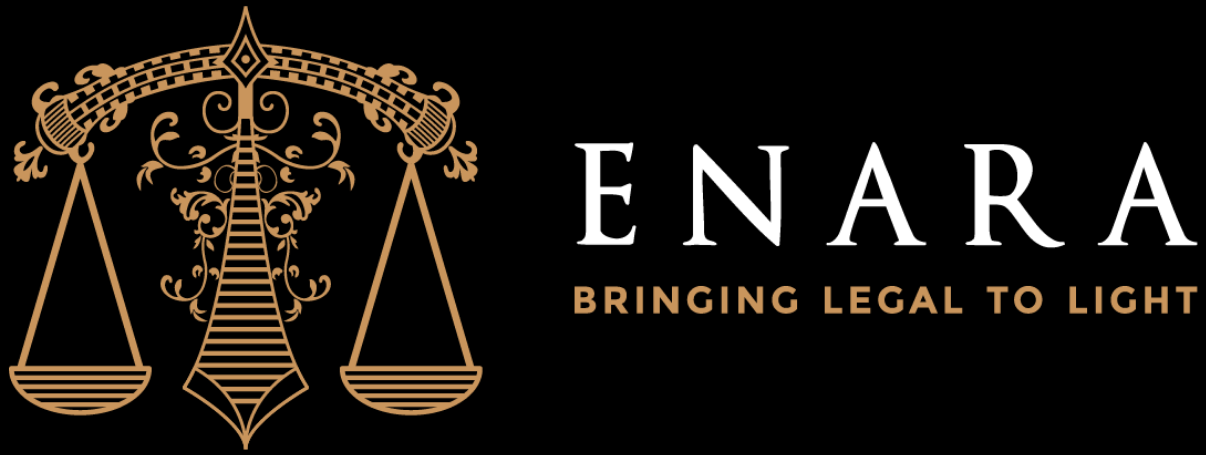
Which Business Structure Is The Right Fit For You?
The most critical choice you will have to make after deciding to start your business is choosing the legal structure right for you. The route you take on the front end will impact your future liabilities, the amount of control you will be able to exercise, and all the other requirements and complexities after that decision is made. Because this is not something you should take lightly, the following will describe the different types of business entities you can factor in to find which business arrangement suits your business vision best.
Different Types Of Business Entities:
Sole Proprietorship
It is usually an unincorporated business that a single person owns. This form of business offers complete managerial control to its sole owner. It is the easiest way of setup due to little paperwork and no partners or board members to contend with. As fees involved with a sole proprietorship generally prove to be minimal, you are responsible for license fees and business taxes. The principal supremacy of this structure is that the money coming and going out will be included in your income tax return, meaning your business earnings are only taxed once. Another advantage is that being the sole owner, and you can dissolve your business at any time with minimal paperwork. A drawback with this structure is that raising money will prove extremely difficult. There are no stocks available to raise capital and banks are hesitant to give business loans based on one line of credit. However, the main disadvantage with this form is that you, as the owner, will be personally liable for all business’s financial obligations and will be fully responsible for all liabilities. Meaning your assets would be at risk of satisfying potential business debts.
Partnership
A partnership is relatively easy to form. It is created between you or more people who agree to share profits and loss of a business. A partnership is responsible for taxes on its income as profits and losses will be “passed through” to the partner’s individual income tax report returns at the end of the year. Partnerships are on the more accessible side of the spectrum to form, only needing a few key agreements. This form of business structure makes obtaining a business loan more advantageous due to more than one owner giving you a higher acceptant rate should you apply for a business loan. There are two types of partnerships:
- General Partnership:
- Each partner manages the company and assumes personal responsibility for the partnership’s debts and obligations. Thus, each partner can act on behalf of the partnership, take out loans, make business decisions, and put their assets at risk to fulfill obligations.
- Limited Partnership
- One general partner who operates the business will often have complete control over decisions and assume total personal liability. The remaining partners are limited partners who serve as investors, have no control over the partnership, and are not subject to the same level of personal liability.
Corporation
Forming a corporation is a much more complex undertaking. A corporation is a separate entity from its owners and requires a depth of compliances and regulations. However, as a legal entity, a corporation can be taxed, held liable for its actions, and even profit. Furthermore, since the corporation can be responsible for its actions should it acquire debt, it is not considered that of its owners meaning the owners do not incur the business’s liability, therefore protecting their assets and eliminating the risk. The next advantage of this form is the ability to raise capital by selling stock to any stock purchasers out there, making the life of a corporation unaffected should there be any form of death or transfer of shares by its owners, a problem that other structures must deal with. The primary two forms of corporations are either a C-corp or S-corp.
Limited liability Company (LLC)
An LLC creates a hybrid blend combining both corporation and a partnership, shielding the owners or “members” from personal liability, having the LLC as a form of protection. Any member or owner of an LLC is allowed a full role in the business operation. A member can be an individual, a partnership, or a corporation. Another advantage of this structure (with the proper agreements in place) is that profits and losses can be distributed flexible manner, meaning they don’t have to be distributed in proportion to the capital contribution each member puts in, giving a more comprehensive array of flexibility.
Enara Law PLLC
Deciding what type of business structure is right for you can be difficult. Having a business formation attorney available to take your business thoughts and consideration will give you the added protection and best route when wanting to form your future business. Please provide the business attorneys at Enara Law PLLC with a call today. They will determine the proper structure for your business. You can reach them at 602-687-2010 twenty-four hours a day and seven days a week or email them at Info@EnaraLaw.com.
